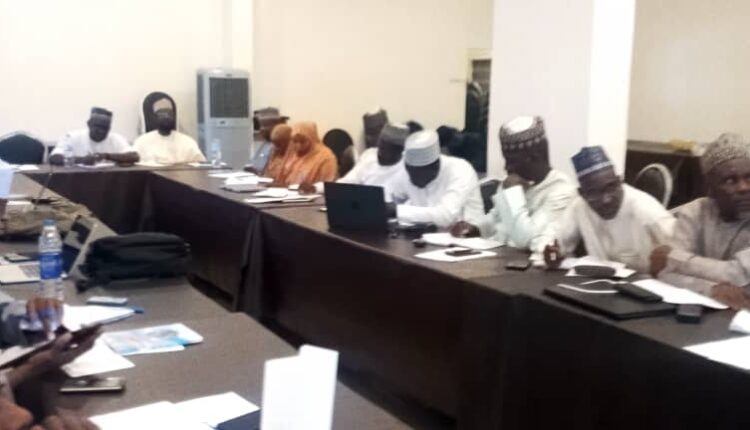Jigawa Charts Roadmap to Harness Demographic Dividend for Sustainable Growth
By Ahmed Rufa’i, Dutse
The Jigawa State Government has begun moves to turn its growing population into an engine for economic growth through the validation of a new Demographic Dividend Roadmap designed to guide inclusive and sustainable development across key sectors.
The validation workshop, which opened in Dutse, brought together policymakers, development partners, civil society groups, and the media. It was jointly organised by the Jigawa State Government and the National Population Commission (NPC), with support from the Foreign, Commonwealth and Development Office (FCDO) through the Lafiya Programme.

Declaring the session open, the Permanent Secretary, Ministry of Budget and Economic Planning, and Chairman of the Workshop, Sagir Muhammad Sani Kila, commended the Lafiya Programme for its continued partnership with the state in strengthening governance and human capital development.
He urged participants to ensure the document is both comprehensive and actionable, stressing that it must reflect the state’s priorities and align with the mandates of all relevant sectors.
Leading the technical session, Dr. Musa Zakirai, the Lead Consultant, explained that the roadmap seeks to position Jigawa to reap the benefits of its youthful population through strategic investment in human capital.
He said the workshop aimed to validate a final version of the roadmap that would later be presented to the state’s top decision-makers for approval and implementation.
Dr. Zakirai urged participants to apply the SMART principle—Specific, Measurable, Achievable, Relevant, and Time-bound—in refining the document’s objectives to ensure clarity and measurable outcomes.
He highlighted six core pillars around which the roadmap is built to include, harnessing youth potential through job creation, skills development, and entrepreneurship, addressing high fertility rates, low education and employment levels, and child poverty, improving adolescent, maternal, and child health outcomes and Expanding access to quality education and vocational training.
others are Strengthening policy coordination, monitoring, and accountability mechanisms and
Promoting gender equity, social inclusion, and community resilience.
Presenting a situation analysis of Jigawa State, Dr. Zakirai noted that the state lags behind national and regional averages in key human capital indicators such as school enrolment, fertility rates, maternal health, and child immunisation coverage.
He, however, stressed that these challenges also present opportunities for transformation if the state prioritises education, digital skills, youth empowerment, and gender inclusion.
“With the right investments and strategic partnerships with the private sector and development agencies, Jigawa can turn its demographic realities into an advantage for economic growth and social progress,” Zakirai said.

